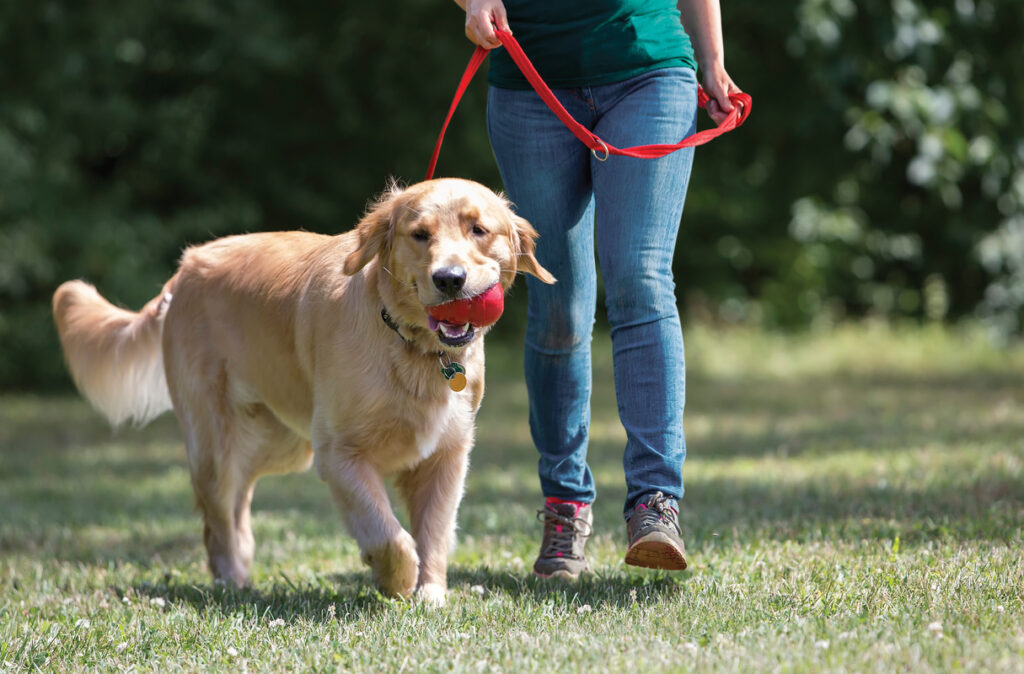As your puppy grows, they go through a lot of hormonal changes. With this comes the question of when to fix your dog. This is an important decision to make and one that’s part of being a responsible dog owner. The only problem is, there’s a lot of information out there about when to spay or neuter your pup that can make it tough to know if you’re making the right choice. Here are a few factors to consider when you’re looking into neutering or spaying your dog.
Gender
Your dog’s gender can have a big impact on what age you decide to neuter. For female dogs, getting fixed at a younger age is beneficial for a few different reasons. One, she won’t go into heat and attract the attention of other males, leading to a possible accidental pregnancy. Two, you won’t have to deal with periods. Female dogs can go into heat as early as 6 months or as late as 12 months. Generally, vets recommend letting your pup have one heat cycle before fixing them.
For male dogs, you can fix them between 6 and 9 months. However, many experts advise fixing your dog later for a variety of reasons, such as breed, size, and more. So it’s best to get your dog checked out by a licensed veterinarian before making this decision.
Breed
Another consideration in your decision is what kind of dog you own. There are certain health concerns that are specific to each breed, which is why it’s important to both talk to your vet and research how spay and neutering might affect your dog’s specific breed. For instance, when it comes to larger breeds, many vets and other experts recommend waiting one and a half or two years to fix your dog to allow their growth plates to close. If neutered or spayed before this time, your dog may be more prone to joint problems. There could also be an increase in risk for cancer if the procedure is done before that age.
Medical Benefits
There are some general medical benefits that your dog may gain from getting spayed or neutered. Male dogs are less likely to get prostate cancer, while female dogs are less at risk for mammary tumors and uterus infections.
Behavioral Benefits
If you’re frustrated with your dog’s behavior, there is a chance that neutering or spaying them may help. For male dogs in particular, there can be some frustrating side effects of their hormones — like wanting to roam, humping, marking inside the house, or aggression toward other male dogs. Some of these issues can be solved with quick corrections and better training, but in some cases, neutering can be a good choice to help alleviate these issues.
Just know that not all behavioral problems will be solved by simply neutering. If your male dog still shows aggression after being neutered, they may need help working through that with your or a professional trainer.
Summary
There’s no one-size-fits-all solution to neutering and spaying. Every dog is unique, which means that you’ll benefit from doing breed research online and consulting with at least one vet to know when the right age is to neuter or spay, or if you want to go that route at all. At the end of the day, all we want is for our pets to be their happiest and healthiest selves. Reach out to the vets in your KONG Club account for information and advice about spaying or neutering your dog



